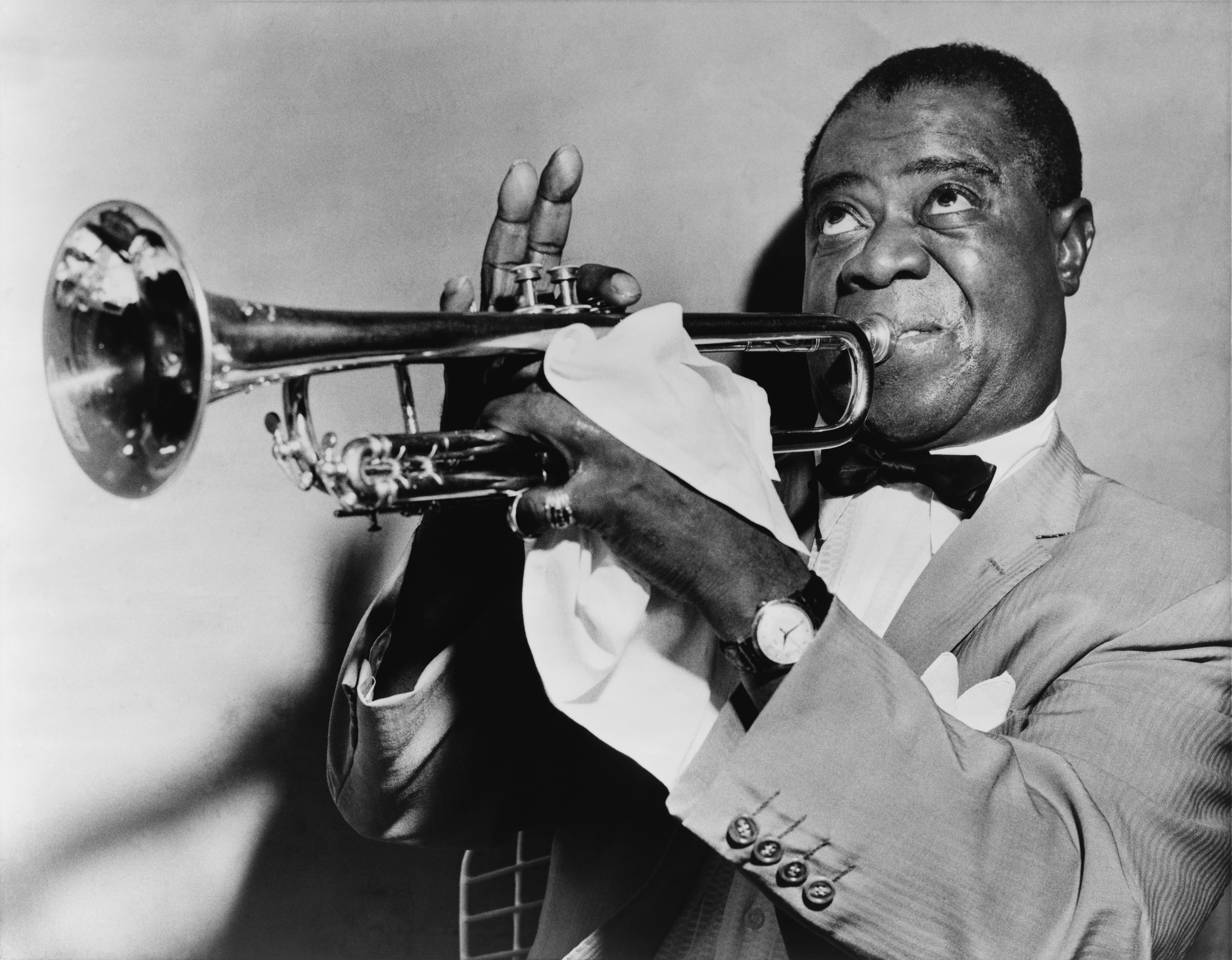Music has a lot of capabilities. It has the ability to take you back in time. A time where my grandfather, Harold, lived in the southern city of New Orleans, Louisiana. When he used to visit the local jazz clubs on the weekends to hear musicians perform. Jazz music was especially popular in New Orleans, however, it was in danger of dying due to segregation. “With its most creative exponents driven to more tolerant places where they were able to find again a spirit of free association, jazz in segregated New Orleans withered” (Johnson 250). This is one of the reasons why my grandfather left New Orleans in the 1950s, and headed to New York in search of a better life and a place where he could express himself freely.
“The events of 1917 signaled the beg inning of the end of the city’s early jazz scene, and, although bands would remain active locally throughout the 1920s, other cities—primarily Chicago and New York—would serve as the centers for musical innovation and transmission. Between 1908 and 1919, most of the leading jazz players left New Orleans for better opportunities elsewhere and represented the first wave of jazz emigration from the city. “(Johnson 311)
Jazz spread like wildfire as people began to migrate and carried their musical influences with them from the South.
Music also has the ability to unify the community and draw connections between people seemingly unrelated. Jazz fans, regardless of race, would gather at the jazz clubs to hear people perform. Racial barriers that existed at the time were broken, and it became all about the music. It also has to ability to uplift you, and get you through tough times. Times like where if you were black, you were unable to find a decent paying job, and you had to live off next to nothing.
“In Post-World War II America, the 1950’s were an era of prosperity and domestic calmness, at least on the surface of society. But below that surface, conditions of inequality and social injustice were still present for people of color, poor people and those on the edge of society.” (York)
This singing during rough times goes back to the slave days, where they would sing songs in the cotton fields to help them get through the extremely laborious days. My grandfather understands the power of music, and it has helped him throughout his lifetime.
I remember visiting him as a young boy and being amazed by the smoothing, therapeutic sounds coming from his record player. It was the first time I realized that music had special powers, and is a valuable part of life. I began to form my own appreciation of music, although instead of jazz, I fell in love with a genre called Hip-Hop. Hip-Hop has a lot in common as Jazz and can be seen as a direct result of it. “Today, a celebrated, revered art form, jazz is still evolving and growing. The rhythms of African American music lie underneath modern forms like rap and hip hop.” (York). Similar to my grandfather, I now turn to music for guidance and inspiration. It comforts me when I am under immense stress and struggling to get through something. It also helps me form bonds and friendships with those who share my same passion for music. Although jazz music is what got me into it, hip-hop is what I personally fell in love with.


